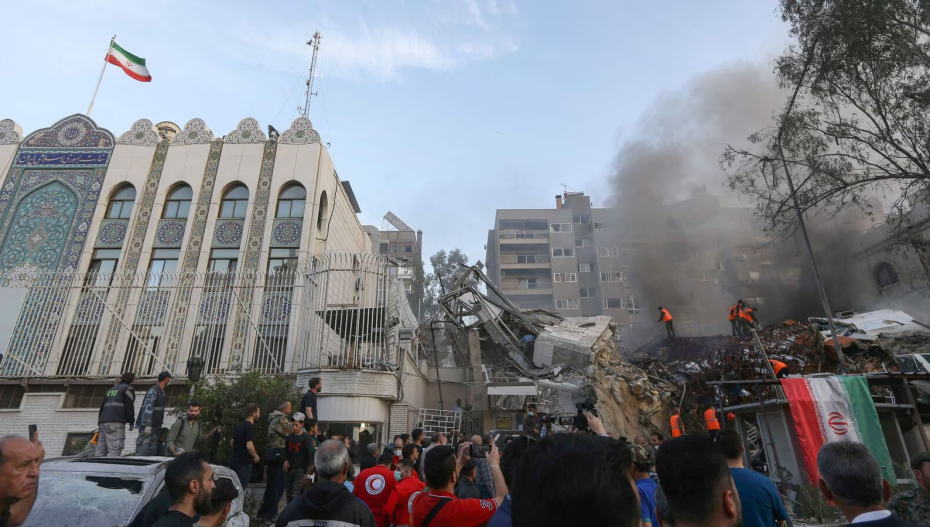The Indian government on Friday (April 12) advised its citizens to refrain from travelling to Iran and Israel until further notice. The advisory was issued “in view of the prevailing situation in the region,” according to the Ministry of External Affairs (MEA).
The MEA urged all Indians currently residing in Iran or Israel to register with the Indian Embassies in these countries and to exercise utmost caution for their safety, restricting their movements to a minimum.
The advisory comes at a time when a significant number of Indian workers are heading to Israel. Following the attacks on October 7, Israel suspended the work permits of thousands of Palestinians and Arab migrants, who previously constituted the majority of the country’s workforce. This has led to a massive labour shortage, which is now being filled by Indian workers.
On April 1, suspected Israeli warplanes bombed Iran’s embassy in Damascus, Syria, killing seven Iranian military advisers, including Mohammad Reza Zahedi, a senior commander in Iran’s Quds Force. Zahedi was directly responsible for managing Iran’s relationships with Lebanese Hezbollah, the Syrian government, Shia militias in the country and Hamas and the Palestinian Islamic Jihad in Gaza and the West Bank.
While Israel has not claimed responsibility for the attack, Iranian Supreme Leader Ayatollah Ali Khamenei stated that Israel “must be punished and it shall be”. In response, Israeli Prime Minister Benjamin Netanyahu declared, “Whoever harms us, we will harm them. We are prepared to meet all of the security needs of the State of Israel, both defensively and offensively.”
The US State Department warned Americans in Israel not to travel outside major cities, which are better protected from incoming rocket fire by the country’s Iron Dome missile defence system. The French and Russians also issued travel advisories, urging their citizens to refrain from travelling to the Middle East, especially Israel, Lebanon and Palestine.
Countries have called on Iran to exercise restraint to avoid a wider conflict in the region. Kremlin spokesperson Dmitry Peskov emphasised the importance of maintaining restraint to prevent further destabilisation in the region. Similarly, British Foreign Minister David Cameron and German Foreign Minister Annalena Baerbock urged their Iranian counterpart, Hossein Amirabdollahian, to exercise maximum restraint and avoid further escalation.
As the world waits for Iran’s response, there is some precedent to consider. In January 2020, following the killing of former Quds Force chief Qassem Soleimani, Tehran responded two weeks later by firing ballistic missiles at US forces stationed at al-Asad Air Base in western Iraq. Recent American media reports suggest that some US officials believe Iran could carry out reprisal attacks in the next 48 hours.
However, any escalation with Israel could be devastating. Experts suggest that Israel’s response will depend on whether Tehran targets Israeli interests within Israel or in the larger region.
If the retaliation is localised to the region — such as an embassy or consulate in West Asia — it might be viewed as a balanced counteraction. However, if the attack occurs within Israel’s borders, Netanyahu will be compelled to retaliate — potentially escalating the situation rapidly.
Also Read: PM Modi Interacts with Top Gaming Creators












